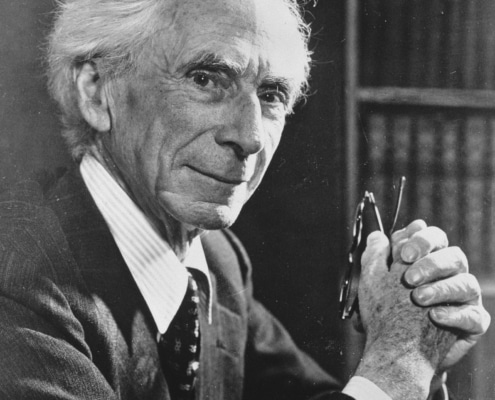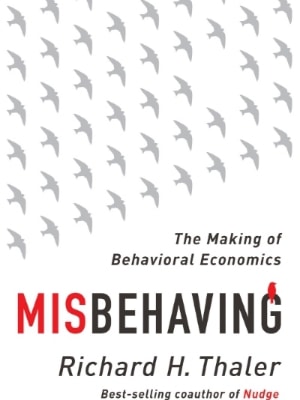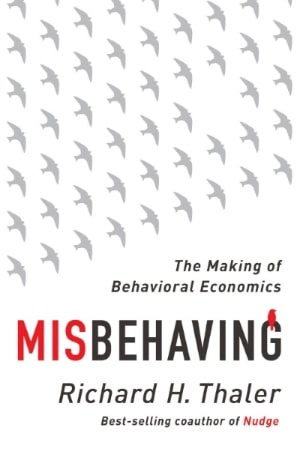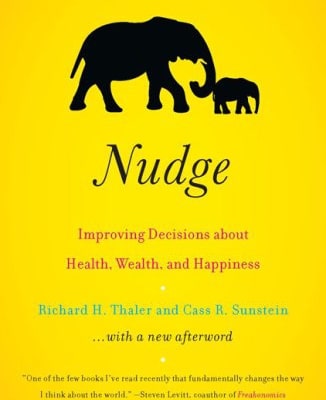
How Business Can Boost Human Rights in 2021
Blog, Corporate Culture, Corporate Governance, Fairness, Human Rights, Leadership
Designing a Good Life, University of Chicago’s Booth School of Business, 2015
Course Syllabus, Decision Making, Ethics Pays, Fairness, Professor, Teaching Ethics, Trust
Ethical Leadership in the Global Economy, Boston University, 2016
Course Syllabus, Decision Making, Ethics Pays, Fairness, Professor, Teaching Ethics, Trust
Is There a Problem with Meaningful Work?
Blog, Corporate Culture, Fairness
Business Roundtable Wants Fair Employee Payment, But What About Agency?
Blog, Corporate Governance, Fairness
Evolutionary Thinking Can Help Companies Foster More Ethical Culture
Blog, Corporate Culture, Fairness
Misbehaving: The Making of Behavioral Economics
Book Summaries, Cheating & Honesty, Contextual Influences, Decision Making, Fairness, Internal Reporting, Practitioner, Professor, Researcher What do economics, psychology, and experimental science have in common? As Richard Thaler implies in Misbehaving: The making of behavioral economics, most economists would say little to none — but this couldn’t be further from the truth. Misbehaving is, first and foremost, a story of how modern economics, finance, and theoretical analysis have become increasingly specialized and narrow without substantial practical value. Utilizing empirical studies and anecdotes, funny stories, and even some jokes, Thaler persuades the reader that behavioral studies — or psychology-motivated disciplines which focus on humans, not mythical rational agents — are here to stay.
What do economics, psychology, and experimental science have in common? As Richard Thaler implies in Misbehaving: The making of behavioral economics, most economists would say little to none — but this couldn’t be further from the truth. Misbehaving is, first and foremost, a story of how modern economics, finance, and theoretical analysis have become increasingly specialized and narrow without substantial practical value. Utilizing empirical studies and anecdotes, funny stories, and even some jokes, Thaler persuades the reader that behavioral studies — or psychology-motivated disciplines which focus on humans, not mythical rational agents — are here to stay.
Thaler’s findings have numerous and far-reaching implications for designing and implementing ethical systems within organizations. Read our book review and learn more.

Nudge
Book Summaries, Cheating & Honesty, Contextual Influences, Decision Making, Fairness
The Lucifer Effect
Book Summaries, Cheating & Honesty, Conflicts of Interest, Contextual Influences, Corruption, Fairness, Human Rights, Practitioner, Professor, Researcher
